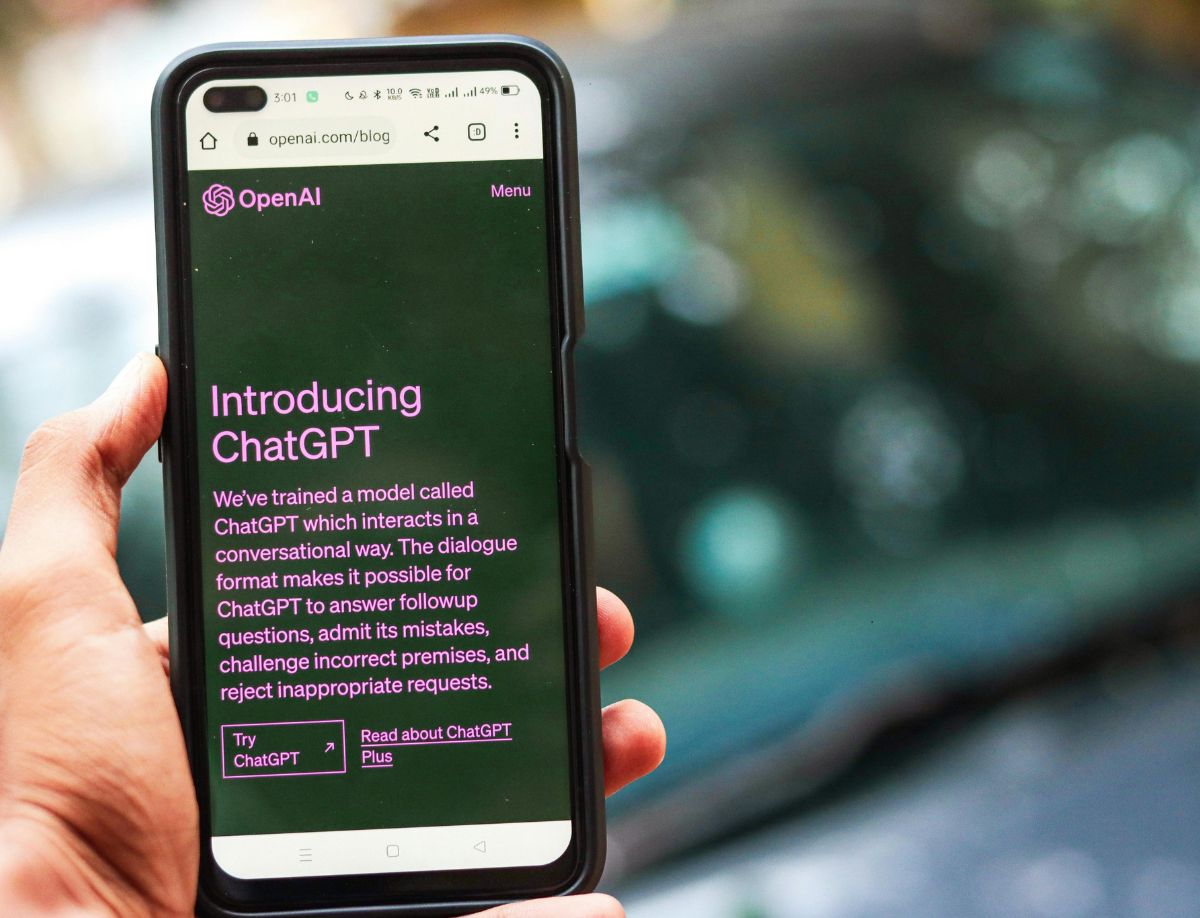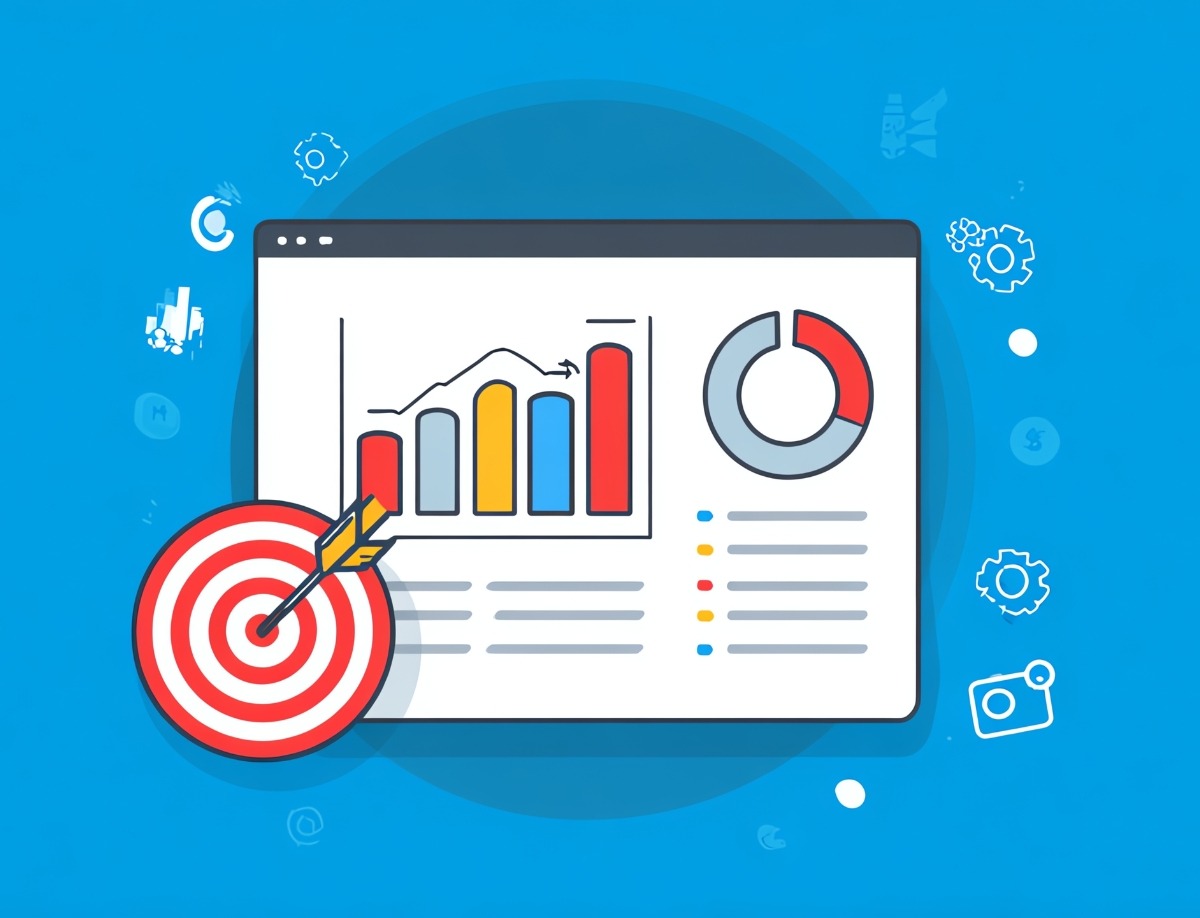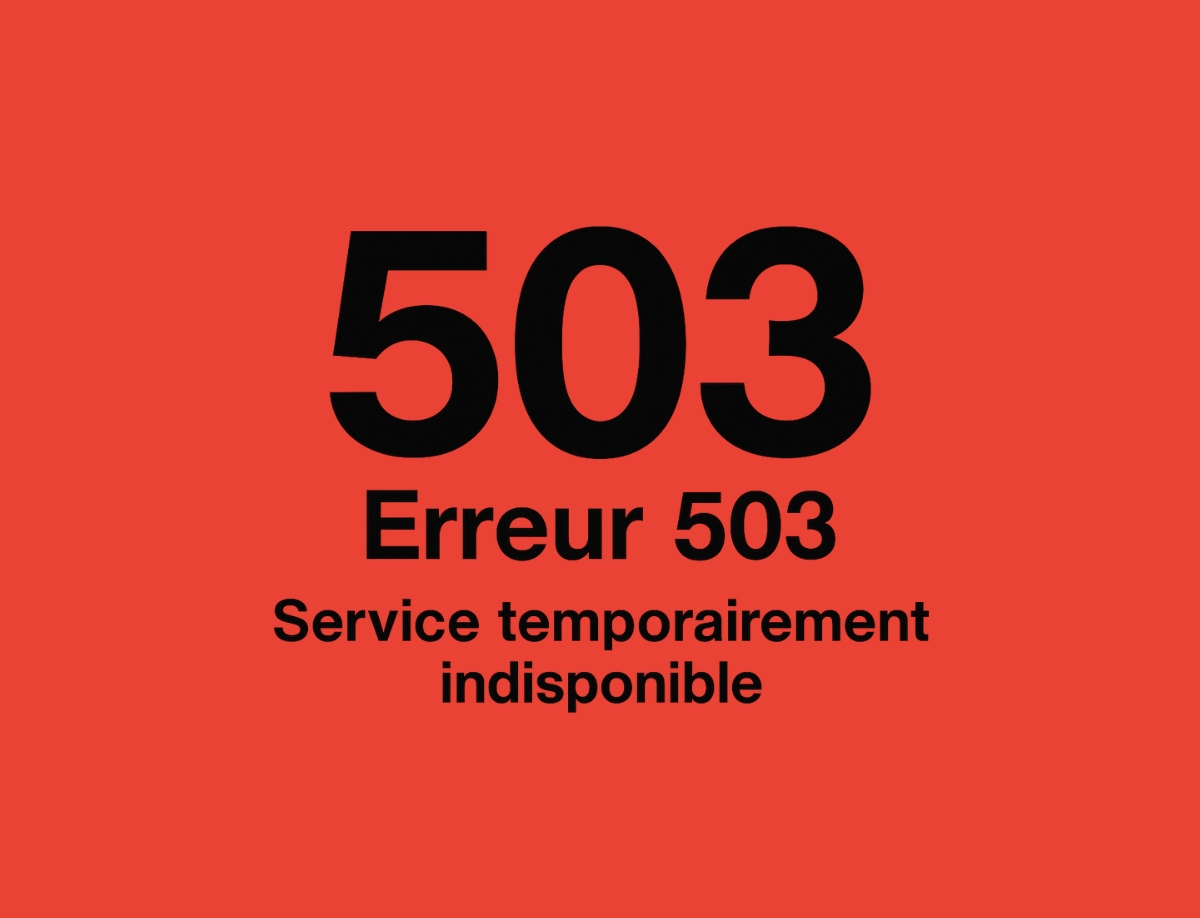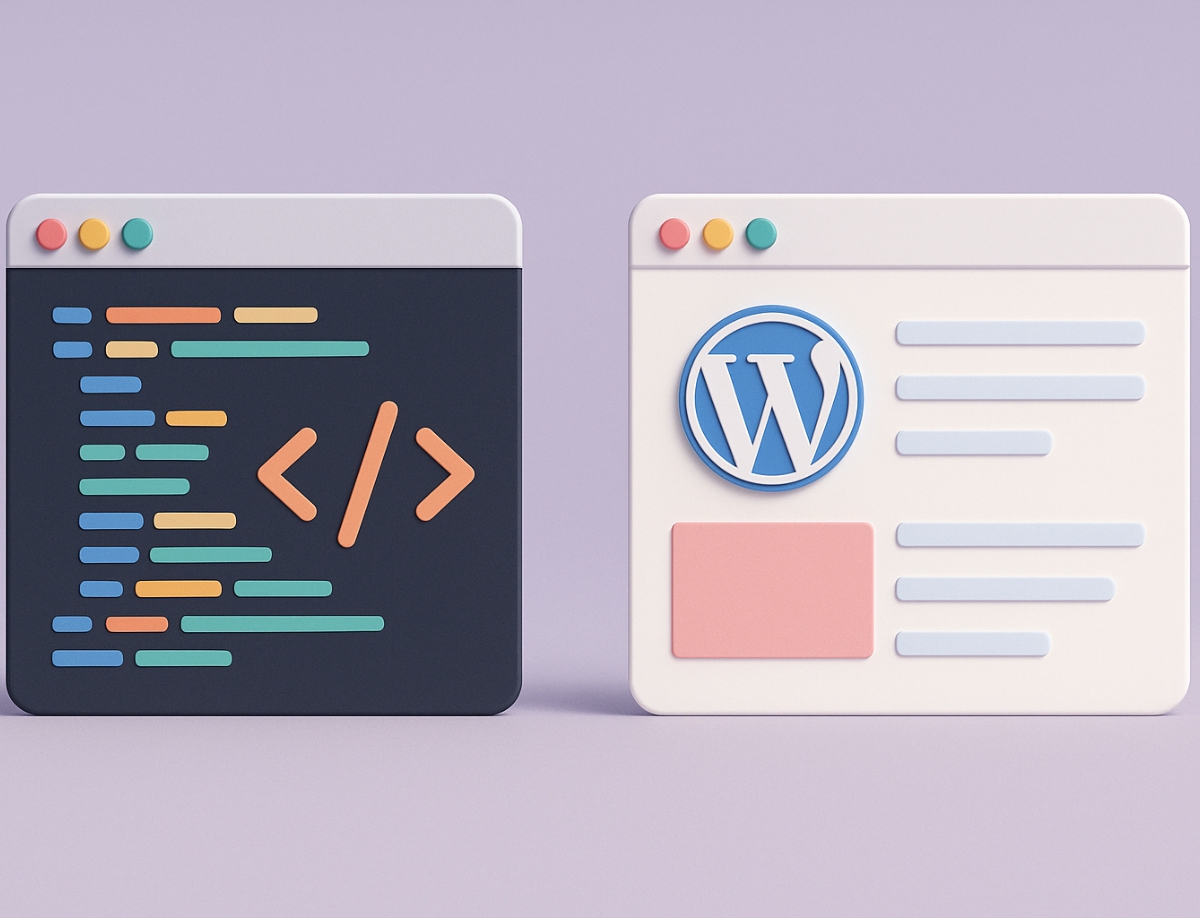
Do you pay per click for your ads, but don't really know if it's worth it?
Many companies invest in digital advertising without understanding what really influences their bill. As a result, they waste budget without getting the results they expect.
Online CPC, or cost per click, is one of the most powerful indicators for optimizing your advertising campaigns. Properly managed, it helps you reach more customers while keeping your costs under control.
In this article, you'll discover what online CPC really is, how it works, how to calculate it, and above all, how to reduce it effectively. That way, you'll be able to make better advertising decisions - with more profitable results.
1. What is online cost-per-click (CPC)?
CPC, or Cost Per Click, refers to the amount you pay each time a user clicks on your ad. Unlike other models, you don't pay for a single view, but only when there's an actual interaction.
In other words, this model is performance-based. It's used on Google Ads, Facebook Ads, LinkedIn and many other digital platforms. In other words, you invest in qualified traffic: if nobody clicks, you pay nothing.
But every click has a cost. That's why understanding the different notions related to CPC quickly becomes essential.
1.1 What is the average CPC?
An Average CPC is the total cost of your campaign divided by the total number of clicks generated. As such, it's an essential indicator for measuring the profitability of an advertisement.
For example If you spend 200 $ for 500 clicks, your average CPC is 0.40 $.
What the average CPC allows you to evaluate:
- The profitability of your advertising campaigns
- The quality of your targeting (the more precise, the lower the CPC)
- The competitiveness of your keywords
👉 However, a low average CPC doesn't always mean good results. It also needs to be analyzed in relation to the conversion rate.
1.2 What is the maximum CPC?
An Maximum CPC is the highest amount you're willing to pay for a single click. You define it yourself when you set up your campaign (especially in manual mode).
This amount influences :
- Your position in search results or advertising space
- Your chances of beating the competition for the same audience
- Final cost paid (often less than max CPC)
Please note You don't always pay this maximum amount. In fact, the auction system charges you just enough to beat the previous bid.
For example If you set a max CPC of 1.00 $ but the second-highest bid is 0.65 $, you'll pay around 0.66 $.
👉 In short, the aim is to set a strategic CPC max, without compromising your profitability.
1.3 Should I choose manual or optimized auctions?
The choice between manual and automatic bidding can greatly influence your performance. That's why it's important to understand the differences between these two options.
Manual auctions
- You determine the amount for each keyword or ad group.
- Gives you greater control over your budget.
- Recommended if you have experience or a well-defined strategy.
Automatic (or optimized) auctions
- The algorithm adjusts bids in real time to maximize clicks or conversions.
- Recommended to save time and let the AI test what works.
- Ideal for high-volume or multi-lens campaigns.
👉 Board Test both options if your platform allows. Compare performance and adjust according to your objectives (traffic, conversion, awareness).
And if you want to learn more about your Google Ads tactics, check out our guide Google Ads, an essential lever for your online visibility for detailed, practical advice.
👉 So, if you're just starting out, automatic auctions may offer better initial efficiency. On the other hand, if you're in control of your data, manual auctions allow for finer tuning.
2. How does CPC work?
Online CPC works on the basis of an advertising auction system. Each advertiser indicates how much they are willing to pay for a click. However, it's not just a question of money. In fact, the relevance of your ad, user behavior and competition also play a major role in calculating the actual cost.
2.1 Factors influencing CPC
Your online CPC is influenced by many variables. A well thought-out strategy can reduce costs without sacrificing performance.
Here are the main things to watch out for:
- Quality score Google assigns a score based on ad relevance, anticipated click-through rate (CTR) and landing page experience. The higher the score, the lower your CPC.
- Keyword competition : Sectors such as law, finance and healthcare are highly competitive. As a result, clicks are often more expensive.
- Relevant ads A good message, a clear call to action and an effective layout can considerably improve click-through rates.
- Precise targeting Too broad an audience leads to unqualified clicks. Conversely, refined targeting maximizes conversions.
- Time and place of broadcast Certain hours or geographical areas are more effective. Therefore, adjusting these parameters can lower your CPC.
👉 Tip To keep your CPC at an optimum level, we recommend you consult your performance reports and adjust these elements on a regular basis.
For a better understanding of how much is actually charged and how it is calculated, Google's official documentation on theactual CPC offers a clear explanation of the difference between your maximum bid and the actual amount charged.
2.2 Types of advertising concerned
The online CPC model is present on the majority of digital advertising platforms. What's more, it can be adapted to different formats and marketing objectives.
Here are the main formats and channels where CPC is applied:
- Google Ads (search network) You pay when someone clicks on your ad after searching for a specific keyword.
- Social networks (Facebook, Instagram, LinkedIn) Clicks on sponsored publications, action buttons or product sheets are all priced according to the CPC model.
- Google Shopping : Ideal for e-commerce, you're billed for each click on a product page displayed in the results.
- Display ads Visual banners on partner sites only cost when a user clicks on them.
- Native advertising Integrated into editorial content, these ads are discreet and often very effective in terms of CPC.
👉 Each platform adapts its bidding rules, but the principle remains the same: you pay for engagement.
3. How to calculate CPC?
Understanding and calculating your CPC is fundamental to any profitable advertising strategy. All too often, advertisers focus on the overall budget or number of clicks, without really evaluating what each click actually costs them. Yet this data can reveal ineffective or poorly targeted campaigns.
3.1 Why track your CPC?
Regularly monitoring your CPC gives you a real strategic advantage. It allows you to :
- Identifying ineffective campaigns A high CPC with few conversions indicates a problem to be corrected.
- Compare performance between channels you can allocate your budgets where your clicks are most profitable.
- Adjust your bids intelligently adapting your amounts according to the results obtained avoids advertising waste.
- Monitoring market trends A sudden rise in CPC may signal an increase in competition.
- Optimize your return on investment (ROAS) The less you pay per click, the more profitable your marketing efforts.
👉 In a nutshell, CPC isn't just a cost indicator: it's a compass for your strategic decisions.
3.2 The CPC calculation formula
CPC = Total campaign cost ÷ Total number of clicks
Example :
You invest 250 $ in a campaign that generates 500 clicks.
Your CPC is therefore 0.50 $.
However, this number should not be interpreted on its own. Ideally, combine it with :
- Your conversion rate (to judge real profitability)
- Your impressions (to analyze visibility)
- Your CPA (cost per acquisition) to assess final profitability
👉 This gives you an overall view of your campaign's performance.
4. How can you reduce the CPC of your campaigns?
An online CPC that's too high can hinder your growth. However, there are several concrete strategies for lowering it without reducing the quality of your leads or your visibility.
Here are 6 concrete strategies you can apply right now:
1. Improve your quality score
- Write ultra-relevant ads directly related to your keywords.
- Take care of your landing page: speed, relevance, mobile experience.
- And align each ad with your users' search intent.
2. Better structure your ad groups
- Segment your keywords by precise theme.
- Limit the number of keywords per group for better targeting.
- As a result, you'll get better-performing, higher-rated ads.
3. Use ad extensions
- Add related links, your phone number or location information.
- This increases the size of your ad and attracts more attention.
- As a result, click-through rates rise and CPCs fall.
4. A/B testing
- Try out different versions of your titles, descriptions and calls to action.
- Analyze performance to keep track of what works best.
- This improves your CTR and quality score.
5. Refine your audience targeting
- Use demographic, interest or behavioral data.
- Exclude unprofitable or overly broad segments
- As a result, you avoid unnecessary clicks and maximize your conversions.
6. Program your campaigns intelligently
- Analyze the most effective time slots for your audience.
- Avoid periods when your conversion rates are low. - Off-peak periods or slow days.
- Ultimately, you maximize the impact of every dollar invested.
👉 Don't forget to add negative keywords to filter out unqualified clicks.
5. What other pricing models are there?
Online CPC is widely used, but it's not suitable for every situation. Depending on your objectives, other pricing models may be more appropriate.
Here's an overview of alternative models:
- CPM (cost per thousand impressions)
You pay for every 1,000 displays. This model is ideal for increasing brand awareness. - CPA (cost per acquisition)
You are billed when a user performs a defined action: purchase, registration, download, etc. - CPV (cost per view)
Used mainly in video marketing. You only pay if the video is viewed for a certain period of time. - CPL (cost per lead)
Very useful in B2B, this model invoices you when a prospect leaves their contact details (completed form).
Take action with a mastered CPC strategy
Ultimately, mastering online CPC is essential to making your campaigns profitable and attracting qualified traffic at lower cost. With a clear understanding of bidding mechanisms, regular performance evaluation and targeted optimization, you can significantly improve your marketing results.
At The Webix, we don't just launch campaigns: we build tailor-made strategies based on your real objectives. Whether you're just getting started with Google Ads or looking to optimize your current performance, our team is here to support you every step of the way.
👉 Contact us today to turn every click into a business opportunity.








